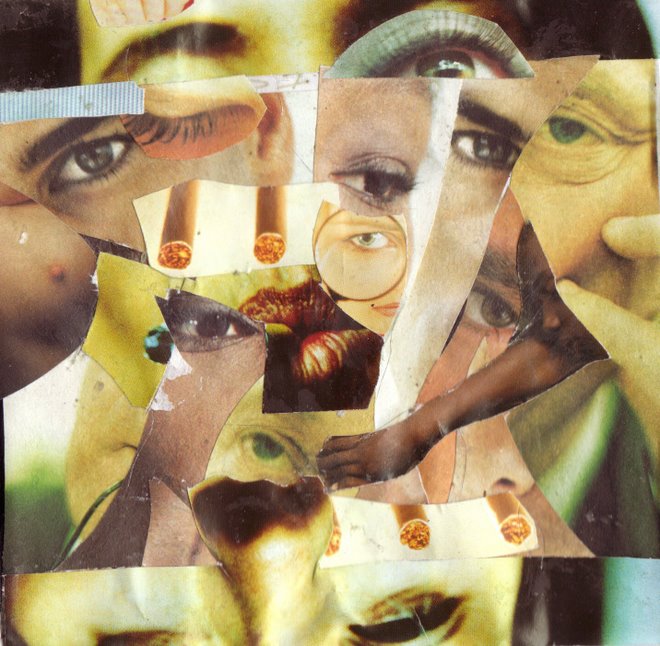GWIGWI'S BAND – KWELA (77 RECORDS, 1967)
A1. Good News
A2. Nyusamkhaya
A3. Lily Express
A4. Rough Deal
A5. Kwazakhele
A6. Mini Mthembo
A7. Hayini Bo
A8. Nick Thethe
A2. Nyusamkhaya
A3. Lily Express
A4. Rough Deal
A5. Kwazakhele
A6. Mini Mthembo
A7. Hayini Bo
A8. Nick Thethe
B1. Mra
B2. Kweleentonga
B3. Botyana
B4. Ndaqmbayo
B5. Zangomva
B6. Zobongo
B7. Keleketle
B8. Ezindongeni
B2. Kweleentonga
B3. Botyana
B4. Ndaqmbayo
B5. Zangomva
B6. Zobongo
B7. Keleketle
B8. Ezindongeni
Dudu Pukwana, alto saxophone
Gwigwi Mrwebi, alto saxophone
Coleridge Goode, bass
Laurie Allan, drums
Chris McGregor, piano
Ronnie Beer, tenor saxophone
Gwigwi Mrwebi, alto saxophone
Coleridge Goode, bass
Laurie Allan, drums
Chris McGregor, piano
Ronnie Beer, tenor saxophone
77 Records – 77 AFRO / 101
LP Rip







.jpg)














6 comments:
Thank you Nick!
A lot of players I know on a release I wasn't aware of. Many many thanks Nick!
@Nick
this album has been reissued and is still available
https://honestjonsrecords.bandcamp.com/album/mbaqanga-songs
thanks CS - I missed the digital version - goo to know it is still available - will do something else!
@Nick
it have also been reissued on lp and cd some years ago, now out of print in both physical versions but it is still possible to find some in the second hand market. To be honest I saw this reissue maybe ten years ago when it came out but I didn't bought it at this time. I downloaded your rip and feel the music very good so I decided to search for a physical copy that i found this morning.
So your post was welcome to remain me of this music. The title of the reissue is a bit confused because Mbaqanga in south Africa means very popular song. it was used during the apartheid in the south African radio broadcasting who have created special programs for black people. The purpose of those programs were to play very simple music like Mbaqanga to make believe that black people were almost coming from the country side and have no sophisticated culture. In fact one reference for the black people in south Africa was the music called Marabi who was an interesting meeting between modal music from Africa and tonal music from western culture. Many black musicians were able to play tonal music from our side of the world. So the vision used by the radio broadcast at this time was musically and intellectually not honest.
Post a Comment